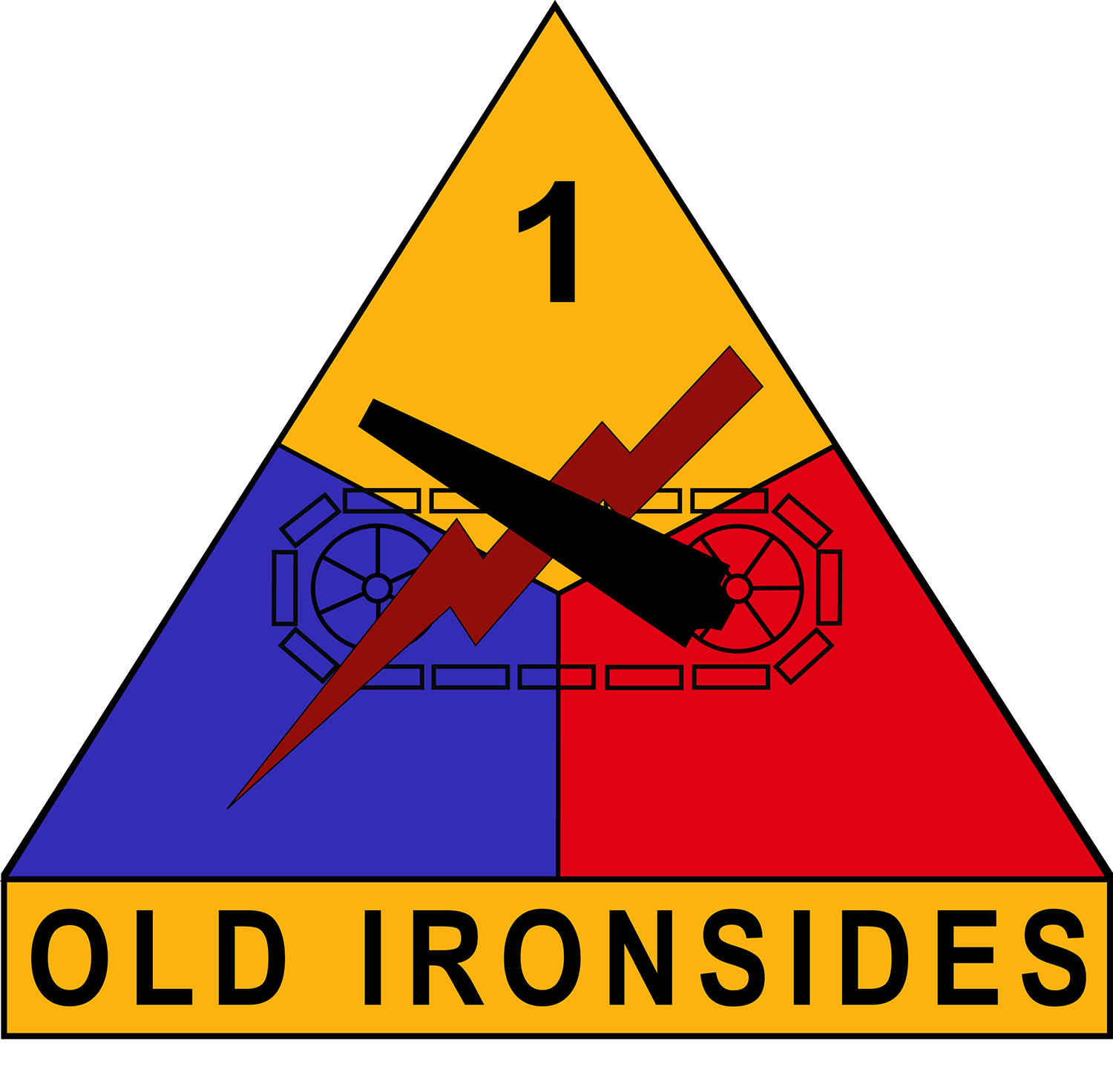
Transitional Compensation Can Be a Resource for Abused Military Family Members
By Kelsey Burns, Fort Bliss Legal Assistance Office
Transitional Compensation is a temporary resource that provides financial support and other help to dependent victims of abuse by an active-duty service member who supports them. This support comes in the form of monthly payments to the abused spouse/children based on their dependency and indemnity compensation. The benefits include 12 to 36 months of compensation, medical care, and military benefits such as use of the Commissary and Exchange. The program is designed to help victims as they transition to safer environments free of abuse and maltreatment. This resource was established via Congress through the National Defense Authorization Act for Fiscal Year 1994 and is implemented in Army Regulation 608-1.
The qualifications for transitional compensation are as follows: 1) The individual seeking transitional compensation must be married to or family of the abusing party; 2) There must be some form of abuse (defined by the Installation Family Advocacy Program Office) occurring for transitional compensation to apply; 3) The abusing party must be separated from the military; and 4) The abusing party must have been on active military duty at the time of the abuse. Additionally, the service member must be on active duty for at least 30 days when the abuse occurred. The abuse described in the transitional compensation program can include sexual assault, rape, sodomy, assault, battery, murder, or manslaughter.
If these qualifications are met, then victims of “dependent abuse” may be eligible for transitional compensation. “Dependent abuse” is defined as conduct by a military service member, when they have been on active duty for a period of more than 30 days, that involves abuse of a then-current spouse or dependent child and that is a criminal offense under the UCMJ or another applicable criminal code. The criminal offense must be against the dependent adult or dependent child of the Soldier. In addition, the active-duty service member must have been separated from the military under a court-martial sentence, administratively separated, or sentenced to a forfeiture of all pay and allowances. Generally, a dependent-abuse offense must be listed as a reason for the separation or forfeiture, although it does not have to be the primary reason.
The victim-dependent becomes ineligible for compensation and benefits if the spouse or dependent remarries or moves back in with the former service member. Additionally, this resource does not apply to dependents of convicted service members for non-abusive crimes. There is no statute of limitations for a transition compensation claim if the abuse offense resulted in separation on or after Nov. 29, 1993. If a spouse or dependent is receiving transitional compensation payments, they are entitled to receive services from the installation Legal Assistance Office. However, if the military service member is in jail or separated from the military, the spouse/dependent is ineligible for services at the Legal Assistance Office.
The best way to determine if one is eligible for transitional compensation is to call a domestic abuse victim advocate. Those eligible can continue to use the Commissary and Exchange while receiving transitional compensation. You can continue to receive TRICARE benefits from either a military treatment facility or an approved TRICARE provider, including mental health services. The amount for the monthly payments for transitional compensation is based on dependency and indemnity compensation.
If you have any questions about transitional compensation, please schedule an appointment to speak with an attorney at Fort Bliss Legal Assistance Office by either calling (915) 568-7141 during office hours or emailing usarmy.bliss.hqda-otjag.mesg.bliss-legal-assistance-office@mail.mil anytime.




